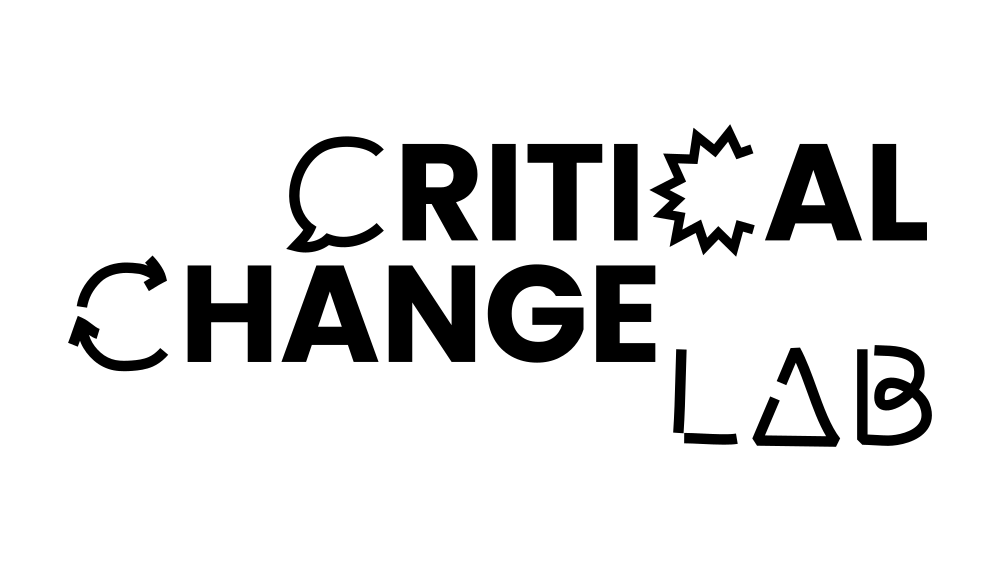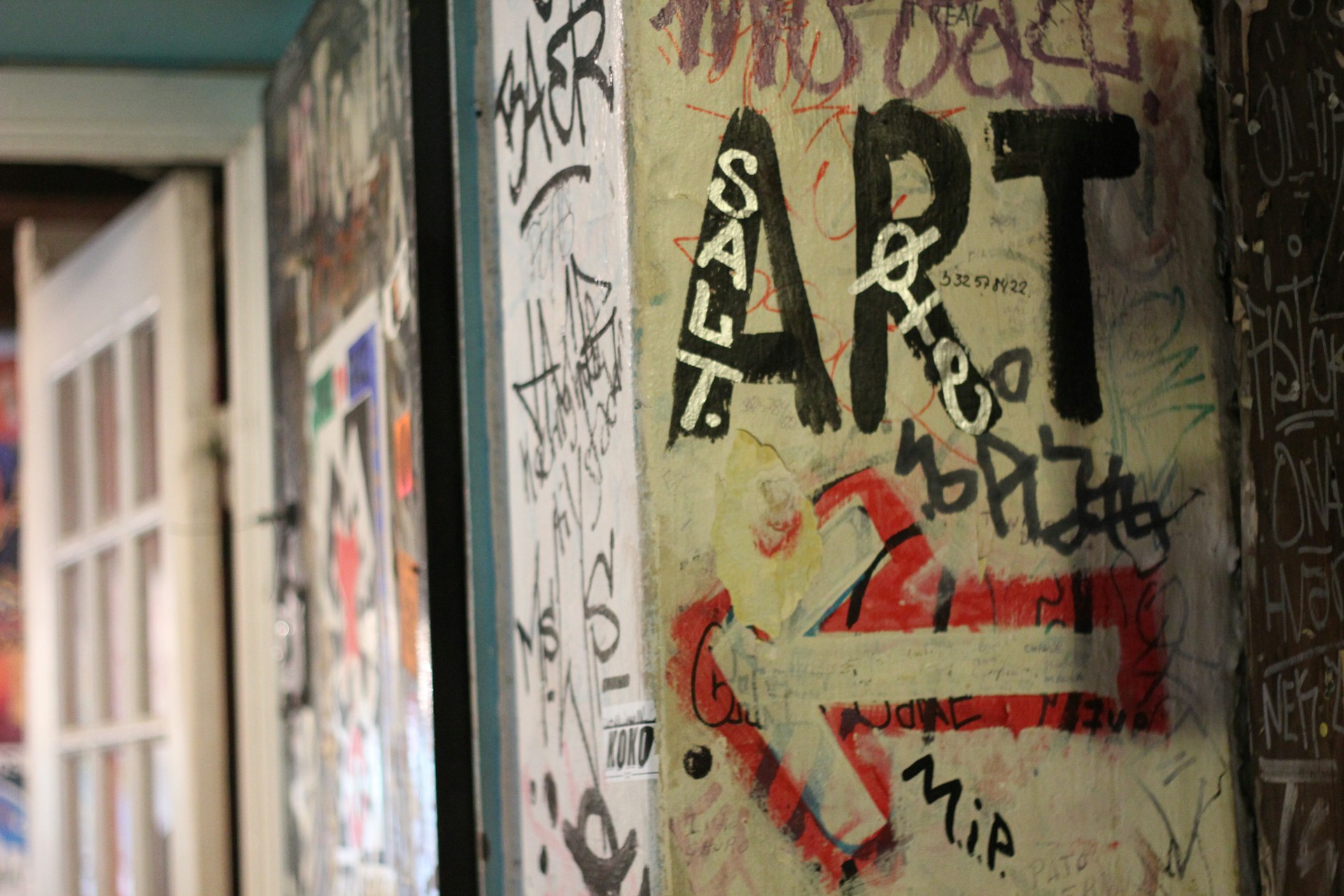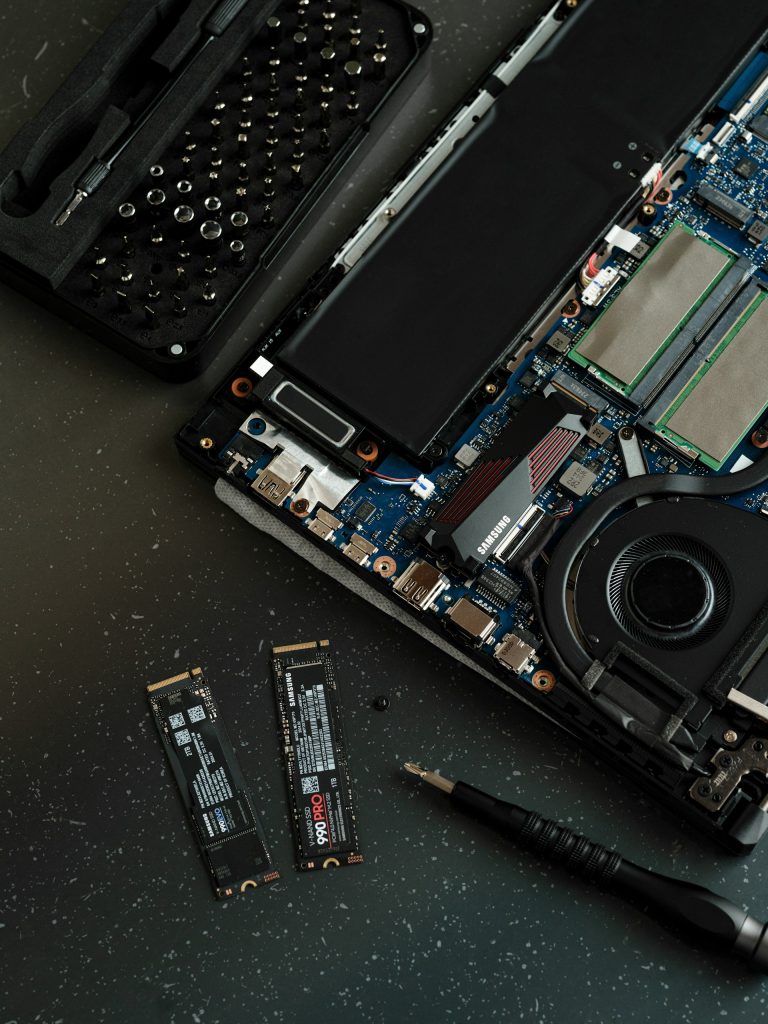The Esbrina Research Group — Subjectivities, Visualities and Contemporary Educational Environments (2021SGR00686), together with the Doctoral Program in Arts and Education at the University of Barcelona, organize the Conference “Artistic Experiences of Critical Citizenship. Reimagining Democracy from the Classroom”, which will take place on July 8 and 9, 2025 at the Center for Specific Pedagogical Resources to Support Educational Innovation and Research (CESIRE – Av. Drassanes, 10. Barcelona).
Presentation
The conference is part of the Critical ChangeLab project (GA 101094217) of the European Commission’s Horizon Europe program, which aims to reimagine the relationship between youth and democracy. We invite researchers, educators, practitioners, and policymakers to contribute to an exchange on rethinking democratic practices in education.
In a context of profound social, political, and ecological transformations, it is urgent to rethink democracy beyond its institutional forms and promote its everyday practice in educational spaces. From this perspective, art and creative practices emerge as powerful tools to foster critical, active, and imaginative citizenship.
The main objective of these conference is to bring together researchers, teachers, artists, students, and others interested in exploring how artistic practices can open spaces for rethinking, imagining, and practicing democracy in the classroom.
Specifically, we are interested in discussing papers and experiences that address the following topics:
- Potentials and limitations of promoting critical democracy in education through artistic methodologies.
- Educational and creative strategies to foster political imagination and transformative agency in students.
- Experiences of student participation, co-creation, and collective action in educational settings.
- Methodological reflections on working with art to think of critical citizenship in educational contexts.
Guide questions
- What lessons and tensions emerge when we rethink democracy from a classroom perspective?
- How can artistic practices in schools and non-formal education spaces foster forms of democratic participation and critical approaches to contemporary eco-social challenges?
- In what ways can artistic practices open up new understandings of how we engage with community and territory?
- What methodologies enable us to promote critical citizenship beyond traditional discourses on democracy?
Contributions
The conference is open to various types of contributions that will allow us to capture the wealth of experiences, strategies, and critical reflections that have emerged around democratic education and artistic practices.
Three types of contributions are available:
- Experience Report: Narrations of projects, practices, or interventions carried out in educational contexts that promote critical citizenship, democratic participation, or political imagination through art.
- Description of strategies and methods: Presentations of resources, dynamics, pedagogical approaches, or methodologies used to foster critical thinking, student agency, or the exercise of democracy in the classroom.
- Critical reflection: Theoretical or methodological analyses of the challenges, limits, and possibilities of promoting democratic and transformative practices from an educational and artistic perspective.
Contibution proposals
Proposals must be submitted using the following template:
- Title of the proposal.
- Authors, affiliation, and email addresses.
- Contribution type (Experience report / Description of strategies and methods / Critical reflection).
- Extended abstract (up to 700 words).
- 3 to 5 keywords.
- Mini-biography of the author or group (up to 100 words).
- Motivation (Why do you want to participate? What can you contribute? What do you hope to learn?) (up to 200 words).
All proposals will be evaluated by the conference’s scientific committee based on thematic relevance, originality, and quality.
Proposals must be submitted using the following form:
Key dates
24/06/2025
Deadline for submitting contribution proposals.
28/06/2025
Communication of the evaluation of the proposals.
01/07/2025
Deadline for registration for the conference.
Accreditation
At the end of the activity, participants who meet the attendance requirement will receive a certificate of participation issued by the Professional Development Institute (IDP) of the University of Barcelona. For teachers from the Department of Education and Vocational Training of the Generalitat de Catalunya (Catalan Government), the certificate for this course is incorporated directly into each teacher’s training file on the XTEC platform and may be used as accreditation to participate in the Department’s various selection processes, under the terms and conditions indicated in each call.
Program
Tuesday July 8, 2025
10.00h
Opening of the conference and presentation of findings from the Critical Change Lab project
Dra. Laura Malinverni
Cultural Pedagogies Unit, Faculty of Fine Arts, University of Barcelona
Elizabeth Aznar
CESIRE director
11.00h
Break
11.30h
Aprendre i viure la participació democràtica, des de la frontera
Keynote
Josep Castillo Adrián
Bachelor of Humanities, Master in Inclusive Education and Doctor in Educational Innovation and Intervention.
Teacher and tutor in secondary school (Social Sciences, Philosophy, Psychology, Technology and Educational Guidance) with more than 30 years of experience in the classroom. Member of management teams in different schools of the Escola Pia de Catalunya and in the Pedagogical Area of the Secretariat of the Escola Pia de Catalunya. Since 2010 Professor in the Department of Pedagogy of the Faculty of Education, Translation, Sport and Psychology of the University of Vic-UCC. Member of the Educational Research Group of the University of Vic (GREUV). Has conducted research on issues of participation and relationship between School and Family, Professional Teacher Identity and Education for Democratic Participation in School.
12.30h
Experiences of democratic education in classrooms and non-formal education spaces
Teachers roundtable
Teachers and professionals from formal and non-formal education will share experiences that seek to promote democratic practices in their contexts. Based on their stories, we will explore how spaces for participation, deliberation, and transformation are built inside and outside of school, as well as the challenges and tensions that arise in these processes. The discussion will encourage reflection on strategies to strengthen critical citizenship through educational practice.
Participants:
Maria Espelt Sancho
Teacher at Institut escola Vapor i Molí
Fanny Figueras
Arts teacher at Institut Angeleta Ferrer
Xavier Cela Bertran
Secondary school teacher at Institut Escola Trinitat Nova
Martí Burriel
Teacher at IEA Oriol Martorell
Chair:
Fernando Hernández
Universitat de Barcelona
13.30h
Lunch break
14.30h
What does it mean to think about democracy in schools and non-formal education spaces?
Students roundtable
Students from different educational institutions and non-formal education settings will share their experiences and reflections on what it means for them to live democracy on a daily basis. Through their voices, we will explore how they perceive participation, decision-making, and the construction of the common good in educational settings, as well as what challenges and opportunities they identify for strengthening critical citizenship based on their experiences.
Participants:
Rim El Mezroui El Baroudi
Institut Pineda
Laila Doukrane, Laia Arazo, and Arlet Goberna
IE Vapor i Moli
Scarlet Rivas, Eddy Raposo, Shamaamah Zahra, and Ana Paula Montiel
IE Trinitat Nova
15.30h
Educació per a la democràcia: Teoria i practica
Talk
Joan Antoni Serra, Alba Molas, Karsten Kruger
Democrat project, Universitat de Barcelona
16.00h
Thinking about democracy in schools: experience and critical reflections
First round of papers
Table A / Chair: Laura Maliverni
Art i l’expressió social del seu temps
Eva Gaudes
¿Cómo hacer sentir que hay posibilidad de otra cosa? Aterrizando prácticas performáticas en el aula.
Raquel F. Couto
Creació de figures: entre l’aprenentatge col·laboratiu i l’autorregulació
Maria Paczkowski
Table B / Chair: Patricia del Razo
Prou de fer pedagogia! Relat d’una mare pallassa que reclama justícia davant una universitat que calla la rebel·lia
Mel Caminha
República de la Imaginación: relato de una experiencia artística colectiva en el “espai c” de la Escola d’Arts de Barcelona
Ida Barbati
Contrarituals d’aprenentatge: fermentar-mos amb/com les anelles dels arbres
Anna Peixet i Calbet
17.30h
End of day one
Wednesday July 9, 2025
10.00h
Talk with Francisco Javier Vera
Human rights defender, children’s rights and climate activist. Founder of the Guardians of Life Movement. European Union Goodwill Ambassador to Colombia. Children’s Adviser to the United Nations Committee on the Rights of the Child for General Comment No. 26 in 2023. Ambassador for the European External Action Service’s “Our Voice, Our Future” campaign.
Chairs:
Laura Malinverni, Patricia del Razo, Raquel Couto
Universitat de Barcelona
11.00h
Break
11.30h
Resources, dynamics, and methodologies for thinking about democratic action and critical citizenship in education
Participatory workshops
Critical Questioning in the Classroom: Performative Tools of TO (Theatre of the Oppressed) / Workshop 1
This workshop aims to provide a brief overview of the methodology of the Theatre of the Oppressed and explore its potential as a performative tool to generate critical questioning that encourages reflection and facilitates pathways for transformation within the classroom.
Facilitators:
Raquel F. Couto and Patricia del Razo
Workshop 2
Workshop aimed at educators that explores the use of artistic practices to stimulate critical inquiry, expression and reflection in educational contexts. The aim is to create spaces where young people can question their environment, explore different perspectives and express their concerns about social, cultural and environmental issues.
Facilitators:
Laura Malinverni, Pia Capisà, Ana Peixet
13.30h
Lunch break
14.30h
Resources, dynamics, and methodologies for thinking about democratic action and critical citizenship in education
Participatory workshops / Continued
16.00h
Artistic and pedagogical strategies to foster critical thinking and transformative action in the classroom
Second round of papers
Table C / Chair: Joan Miquel Porquer
De la pregunta neutra a la pregunta situada
Gabriela Espinosa Hormazábal
Experiências criativas interdisciplinares com ênfase na educação antirracista
Rita Inês Petrykowski Peixe
Narratives creatives per a una ciutadania crítica: repensant la democràcia des de l’aula amb Stories That Move
Raquel Torrecilla
Table D / Chair: Fernando Hernández
Teatre Social: Món Viu vs Món Tòxic
Llorenç Witty
De l’escola participativa a la societat democrática
Alfonso Mederos et al.
Memorias, saberes y ecociudadanías en el Humedal del Río Maipo, Chile
Antonia Condeza y María Paz Aedo
Why?
Marisol Anguita López
17.30h
End of the conference
Header image by Rocío Perera on Unsplash
Date
8 y 9 de julio de 2025
Registration
Registration for the conference is free. The deadline for registration is July 1.
In the case of teachers assigned to the Department of Education and Vocational Training of the Generalitat de Catalunya:
In the case of other participants:
Venue
Centre de recursos pedagògics específics de suport a la innovació i la recerca educativa (CESIRE)
Av. Drassanes, 10
08001 Barcelona
Organized by


Critical Changelab is funded by the European Union’s Horizon Europe research and innovation programme under grant agreement number 101094217. Views and opinions expressed are however those of the author(s) only and do not necessarily reflect those of the European Union or the European Research Executive Agency (REA). Neither the European Union nor the granting authority can be held responsible for them.

Programa de Doctorat en Arts i Educació de la Universitat de Barcelona



